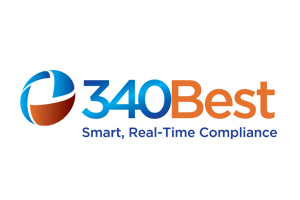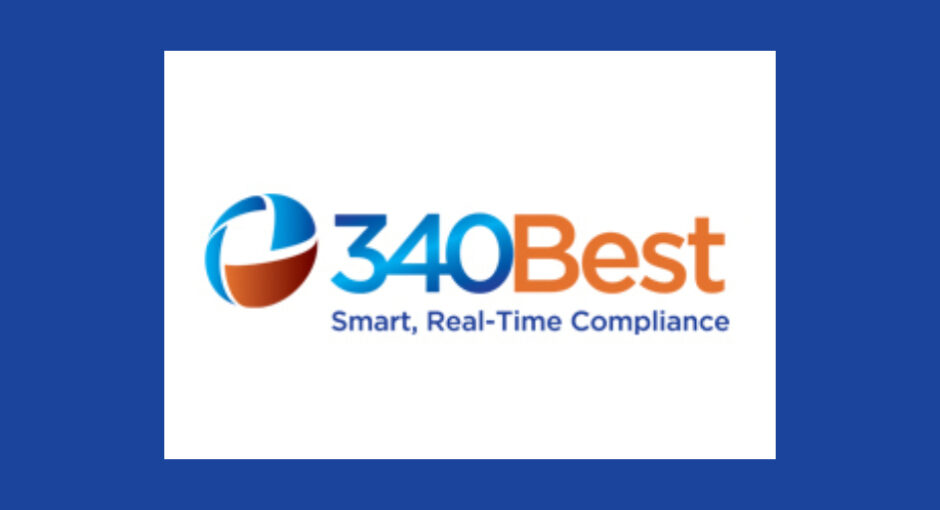SPONSORED CONTENT
In the complex landscape of healthcare, the 340B program plays a vital role in ensuring that vulnerable patients with limited financial resources have access to affordable medications. It enables qualified covered entities to maximize their resources and offer a wider range of benefits and services to those in need.
Managing this program efficiently and ensuring compliance with its myriad rules and regulations is a challenging task. This is where 340B consultants step in, serving as invaluable guides and experts. In this article, we will delve into the roles and responsibilities of a 340B consultant.
The Roles of a 340B Consultant
A 340B consultant is a professional who specializes in the 340B program. Their role is multifaceted and encompasses various responsibilities, all aimed at helping providers optimize the benefits of the program while maintaining compliance. Here’s a closer look at their roles:
- Program Assessment: One of the primary responsibilities of a 340B consultant is to assess the client’s eligibility and needs for 340B participation. They carefully analyze the organization’s structure and services to determine if they meet the criteria for covered entities. This initial assessment is crucial, as it sets the foundation for the client’s participation in the program.
- Compliance Oversight: Ensuring compliance with 340B program regulations is a core responsibility of the consultant. They stay up-to-date with the ever-evolving rules and regulations, helping the healthcare organization adhere to these standards. This includes monitoring procurement practices, inventory management, and financial reporting, all with a strong emphasis on compliance.
- Audits and Self-Assessments: Consultants assist healthcare organizations in preparing for HRSA audits and conducting internal self-assessments. This includes reviewing and analyzing program records and policies, identifying potential compliance issues, and recommending corrective actions.
- System Integration: The 340B program often requires intricate system integration for effective management. A consultant is pivotal in assessing, recommending, and implementing software or technology solutions that streamline 340B operations. This ensures efficient tracking of drug purchases, prescription data, and eligibility requirements.
- Training and Education: To empower healthcare staff with the knowledge they need to navigate the complexities of the 340B program, consultants provide training and education. This includes explaining program fundamentals, compliance procedures, and reporting requirements. They also help staff stay updated on program changes and best practices.
- Cost Savings and Financial Analysis: Consultants help healthcare organizations maximize the cost savings potential of the 340B program. They conduct financial analyses to identify opportunities for cost reduction, revenue enhancement, and program expansion. This might involve analyzing drug acquisition costs, pricing strategies, and reimbursements.
- Advocacy and Strategic Planning: 340B consultants are often involved in strategic planning for their client’s 340B program. They provide guidance on optimizing program benefits and assist in advocating for the program at the legislative level. This might include helping organizations participate in drug pricing negotiations and advocating for the preservation and expansion of the program.
The Responsibilities of a 340B Consultant
A 340B consultant’s responsibilities are not limited to a broad understanding of the program’s intricacies. They must also provide actionable strategies and tangible results. Here are some of the key responsibilities they shoulder:
- Policy and Regulatory Expertise: Staying current with the evolving regulations and policies of the 340B program is paramount. Consultants must interpret these guidelines and translate them into actionable strategies for their clients. This includes understanding the implications of federal and state legislation on program participation.
- Strategic Decision-Making: Consultants help healthcare organizations make strategic decisions related to program participation. This might include assessing the pros and cons of adding new sites, evaluating patient eligibility criteria, and developing strategies to enhance program value.
- Risk Mitigation: Consultants are instrumental in minimizing the risk of non-compliance and potential penalties. This involves implementing controls and checks to ensure adherence to program requirements.
- Data Analysis and Reporting: Consultants use data analysis to provide actionable insights. They generate reports on performance, helping organizations understand their cost savings, revenue, and compliance metrics. These reports enable providers to make informed decisions.
- Continuous Improvement: The 340B landscape is constantly changing. Consultants help organizations adapt to these changes by identifying areas for improvement and suggesting enhancements to the program structure.
- Client Collaboration: Effective communication and collaboration with the healthcare organization’s staff and leadership is crucial. Consultants must work closely with their clients to gain insights into their specific requirements and obstacles, customizing their advice accordingly.
- Ethical Considerations: Ethical behavior is paramount in the 340B program. Consultants are responsible for helping covered entities navigate complex ethical issues, such as ensuring that program savings are used to benefit underserved populations.
340B consultants play a crucial role in supporting healthcare organizations participating in 340B. Their expertise, comprehensive knowledge of program rules and regulations, and commitment to compliance help ensure that patients in underserved communities have access to affordable medications while maintaining the program’s integrity. As the 340B program continues to evolve, the role and responsibilities of consultants become even more critical in guiding healthcare organizations through the intricacies of this essential program.
About 340Best
340Best offers Third-Party Administration, Audit & Compliance, and 340B Consulting services to support 340B program partners. Their comprehensive Third-Party Administration services cater to contract pharmacies, specialty pharmacies, and multiple inventory programs. 340Best’s expertise and proprietary software, InfoPoint, help stakeholders establish and maintain a successful program while ensuring compliance with HRSA regulations. Their services encompass program assessments, recommendations for adjustments, and the integration of InfoPoint for administration and compliance. For inquiries, contact info@340Best.com or call 845-705-6677.




